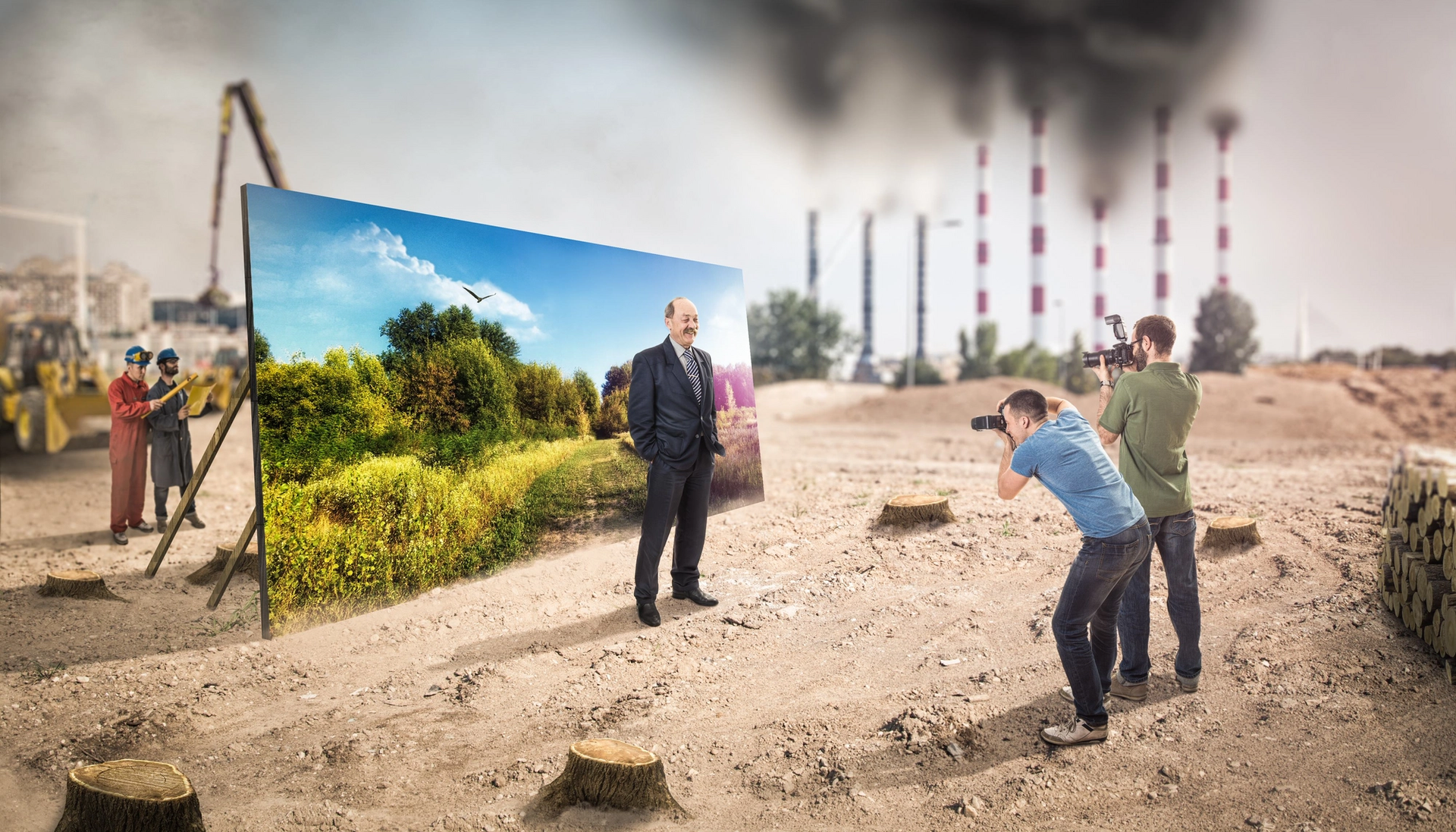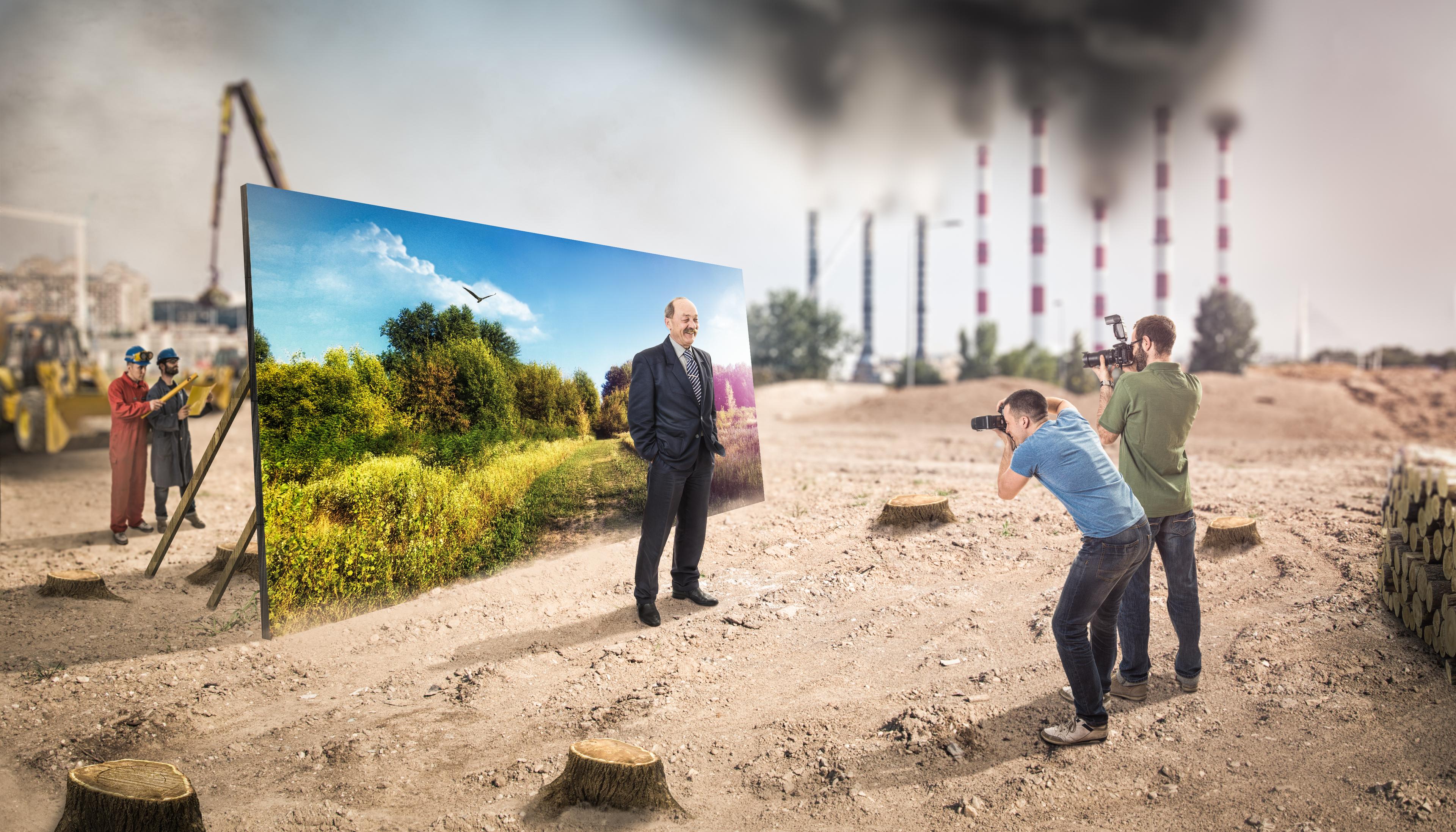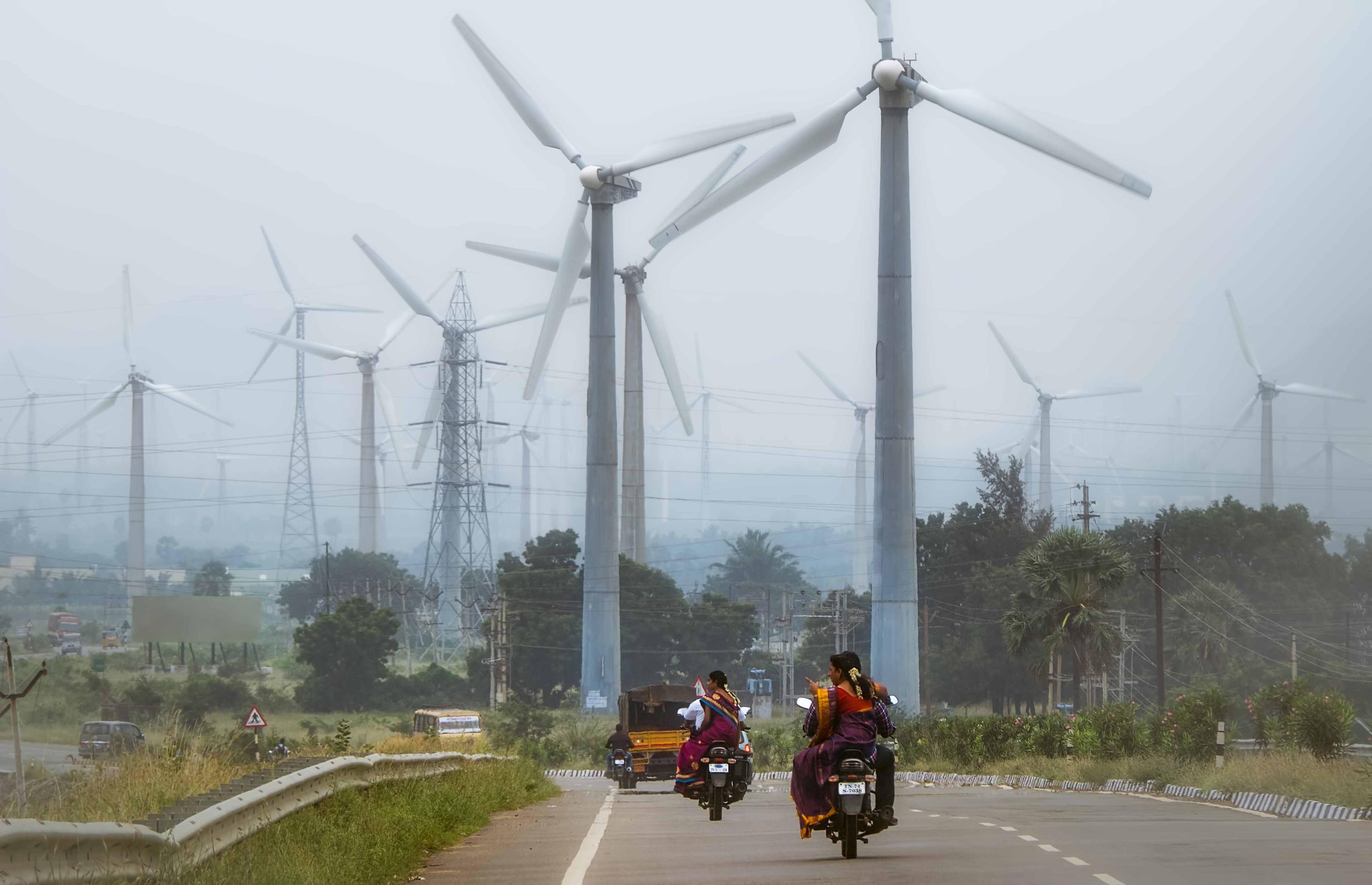Blog
How corruption and unequal lobbying can undermine COP26 goals – Part 1: The problem

As world leaders meet in Glasgow at COP26 to discuss the climate emergency and develop pathways for addressing this global crisis, we cannot forget that achieving the four major goals of the conference will require informed, effective, and intelligent policy making.
The problem
The first three goals at COP26 can be undermined by lobbying:
- Secure global net zero by mid-century and keep 1.5 degrees within reach.
- Adapt to protect communities and natural habitats.
- Mobilise at least $100 billion of climate finance per year.
The fourth goal — working together — is key to ensuring that when lobbying does occur, it is regulated, inclusive and transparent.
When news reports and exposés reveal the lengths some corporate actors have gone to undermine climate science, limit climate policy, and even lethal attacks on climate and environmental activists around the world, many public commentators and activists denounce those actions as corrupt. According to Forbes, the five largest oil and gas companies have spent around $200 million annually on lobbying designed to control, delay or block binding climate-motivated policy. To put this in perspective, this is 2.2 times the annual turnover of Greenpeace International and more than the annual budgets of Greenpeace, Friends of the Earth, Rainforest Action Network, and Global Witness combined. Clearly this is unequal. But is Lobbying actually corrupt?
Let’s be clear. Lobbying is a key aspect of the democratic process: a right to be able to put forward one’s case to decision makers. This right should be protected. The problem is that lobbying has become synonymous with unequal access and in some cases the promotion of corporate interests over the interests of those of the public as demonstrated by the figures above. Additionally, as we at U4 have shown in a U4 Issue on Lobbying, corruption, and climate finance, unequal access to decision-makers in the climate space can pave the way for several corruption risks such as influence peddling, conflicts of interest, revolving door, and bribery. This means that not only can corporate lobbying open pathways for corruption, but also lobbying, as it is currently exercised, can promote exclusion and prevents a fair and balanced assessment of all relevant voices. Policymakers should remember that University of British Columbia professor Mark. E. Warren once said that ‘corruption is always a form of duplicitous and harmful exclusion.’
COP26 Goals
In order to achieve the goals of COP26, we will need a series of policies and programmes that will require careful and balanced implementation. These actions can be undermined by unequal access to decision-makers.
Goal 1: Emissions reductions
In order to reduce GHG emissions, we need to see an acceleration in the phasing out of coal, transitions to renewable energy and relief from our dependency on oil and natural gas. The energy sector is crucial to achieving emissions reductions and limiting global temperatures to below 1.5 degrees. Unfortunately, when it comes to the analysis of unequal lobbying and corruption in the energy sector, particularly fossil fuel companies do not have a good track record when it comes to applying their influence over decision makers, and the number of corruption scandals involving energy firms is also worrying. Generating further studies on these issues for developing countries is also important.
For these reasons, the energy sector also attracts more attention regarding unequal lobbying compared to other sectors as it can skew efforts in favour of corporate interests. When corporate interests are heard above the voices of other relevant stakeholders, climate action can be seriously affected. But, it is not only corporate interests alone, national governments can also engage in lobbying because of short term political and economic interests. In October and in the run-up to COP26 the BBC reported on a series of leaked documents showing how some countries were trying to roll back statements around the use of coal and other fossil fuels in direct opposition to the pathways highlighted in Goal 1 of COP26. It should come as no surprise that the nations lobbying for these changes are either major producers of fossil fuels or are largely dependent upon fossil fuels for their economic growth.
Goal 2: Adaptation
Even if we manage to keep the global temperature below 1.5 degrees by cutting GHG emissions, we will still need to adapt to climatic changes. Already today we are experiencing increased extreme weather events such as floods, wildfires, cyclones and droughts resulting from the current rate of warming. In order to adapt we will need to build water defences, warning systems, and other types of resilient infrastructure; We will also need to protect agricultural systems too. The efficacy of these adaptation efforts can also be undermined by special interests promoted by aggressive and unequal lobbying and corruption. For example, the Indonesian government is building a $40bn ‘giant dyke’ comprising 17 new islands in Jakarta Bay to help the city adapt to rising sea levels. The director of the company building one island bribed a city councillor to bypass planning regulations. The entire project was halted in 2016 due to environmental, social and corruption concerns.
Goal 3: Making good on the Climate finance promise
The first two goals are predicated on the promise made to mobilise at least $100bn in climate finance per year by 2020. As of today’s figures, we are not meeting these ambitions, and whilst the question of increasing financing for climate change initiatives is of importance, so too are the questions around what types of initiatives should be financed. The latter questions are policy questions and it is here that unequal lobbying can have a negative effect.
Questions of finance now very much include the specificity of climate-related policies. What types of renewable projects should be favoured and what incentives should be adopted to promote them? How can consumption of energy be reduced and what incentives are best for promoting this? What are the best low-carbon transport options for a particular country? How can an energy transition secure jobs and decent livelihoods? And, possibly the biggest question, What should be the pace and scope of transition? The answers to these questions determine how hundreds of billions of dollars and euros will be spent and as a result there is bound to be interest from a variety of stakeholders. Managing those interests and ensuring fair and equal access to decision makers will be imperative to ensuring initiatives financed are both appropriate and effective in their primary goals of limiting the effects of climate change or reducing emissions.
Beyond COP26
To transform the decisions taken in Glasgow over the coming days into effective policies and projects to reduce emissions, halt climate change, and build pathways for adaptation, ensuring fair and equal access to decision makers will be paramount. This blog has focussed on the key issues and what’s at stake if unequal lobbying continues in the climate space, read part two for our recommendations on what should be done.
***
Read more in Lobbying, corruption, and climate finance: The stakes for international development (U4 Issue 2021:13)
Disclaimer
All views in this text are the author(s)’, and may differ from the U4 partner agencies’ policies.
This work is licenced under a Creative Commons Attribution-NonCommercial-NoDerivatives 4.0 International licence (CC BY-NC-ND 4.0)


